As a developing economy, India has numerous developmental aspirations. How India meets these goals without worsening the climate crisis is at the heart of CSTEP's work. Addressing climate change and enabling a secure and sustainable future for Indian citizens require an overhaul of previous paradigms on development and resource utilisation. This is reflected in our work on developing low-carbon trajectories for development with an emphasis on nature-based solutions.
We are working with state governments across India to build capacity on risk and vulnerability assessments to inform their respective action plans on climate change. The transition from fossil fuels to renewable energy is crucial to achieving a secure and sustainable future. CSTEP's studies explore the possibility of a greater integration of renewables in the energy sector.
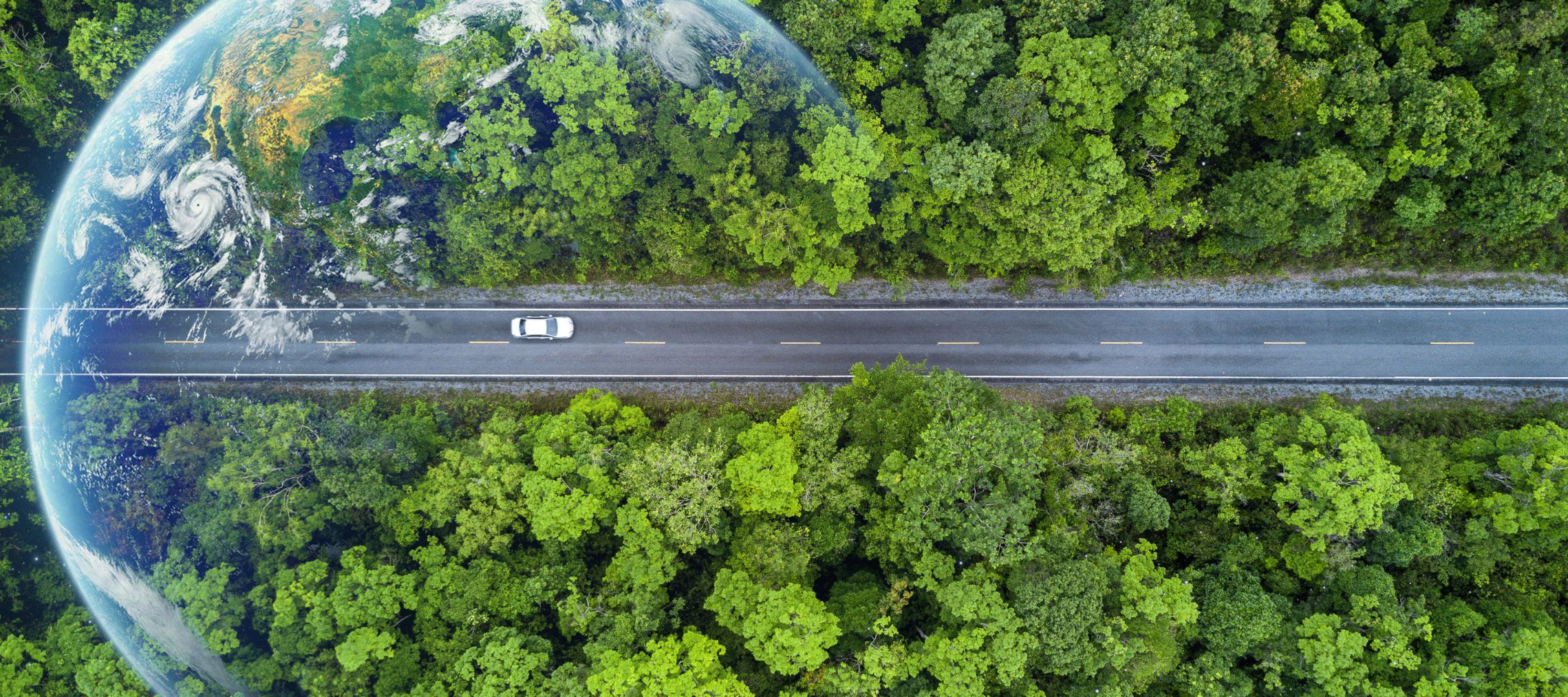
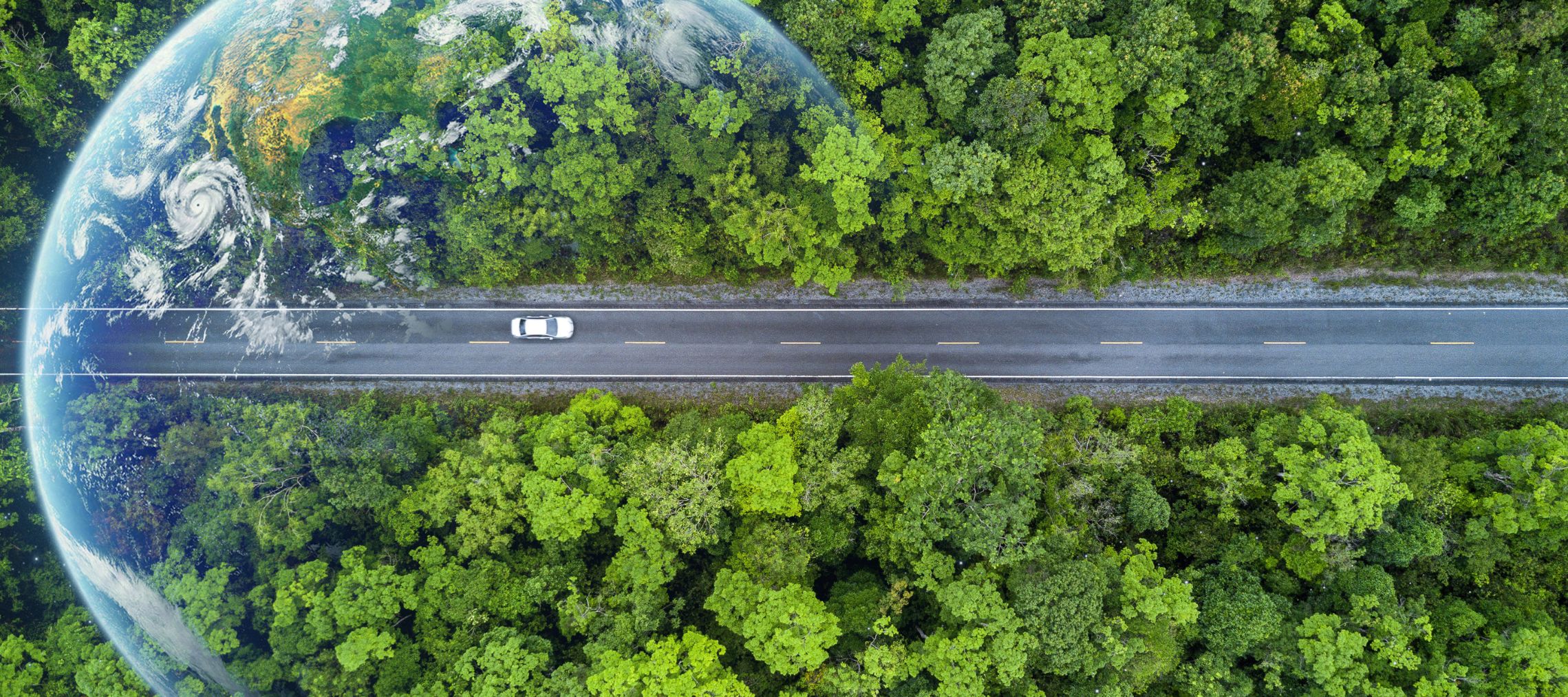



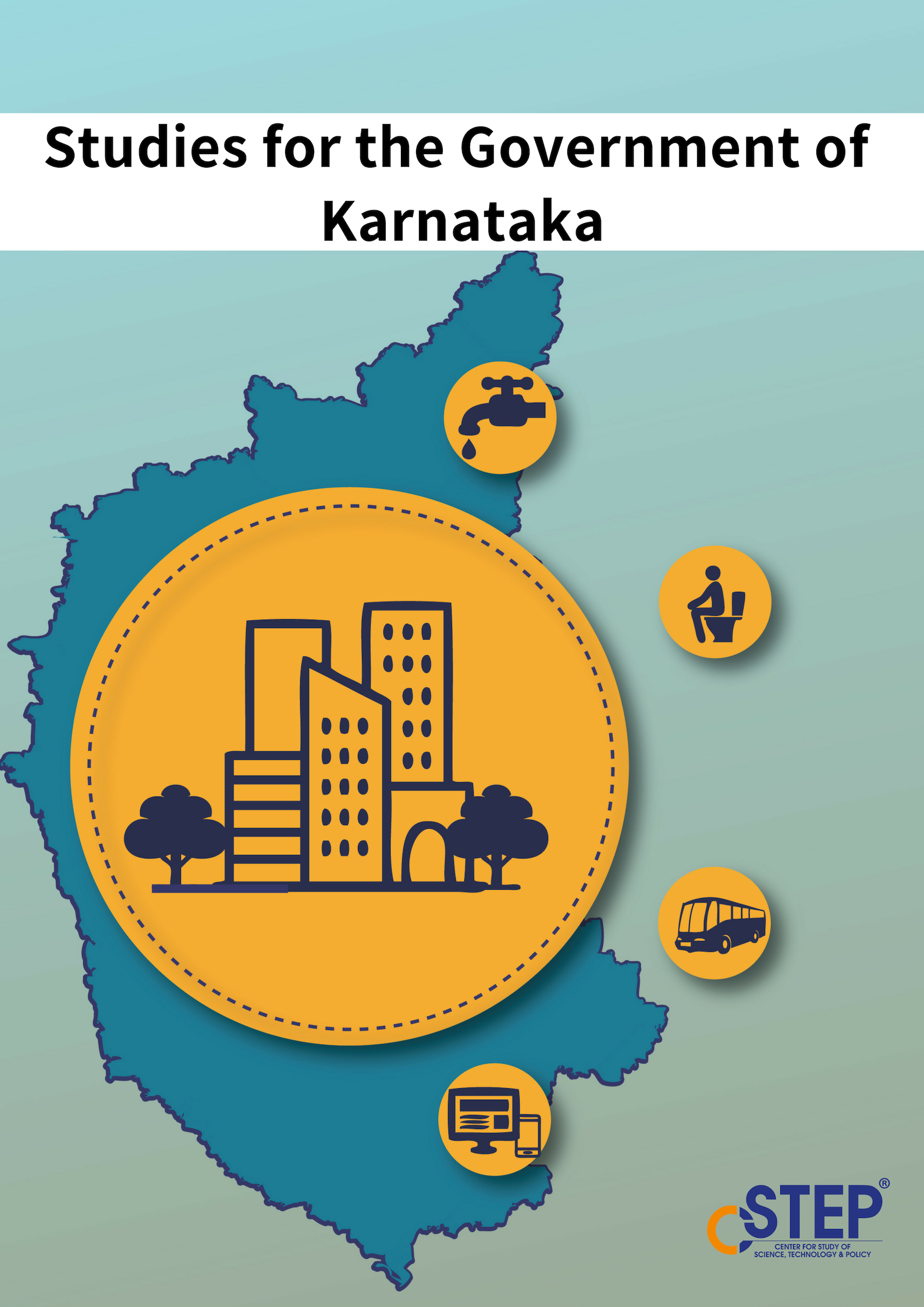
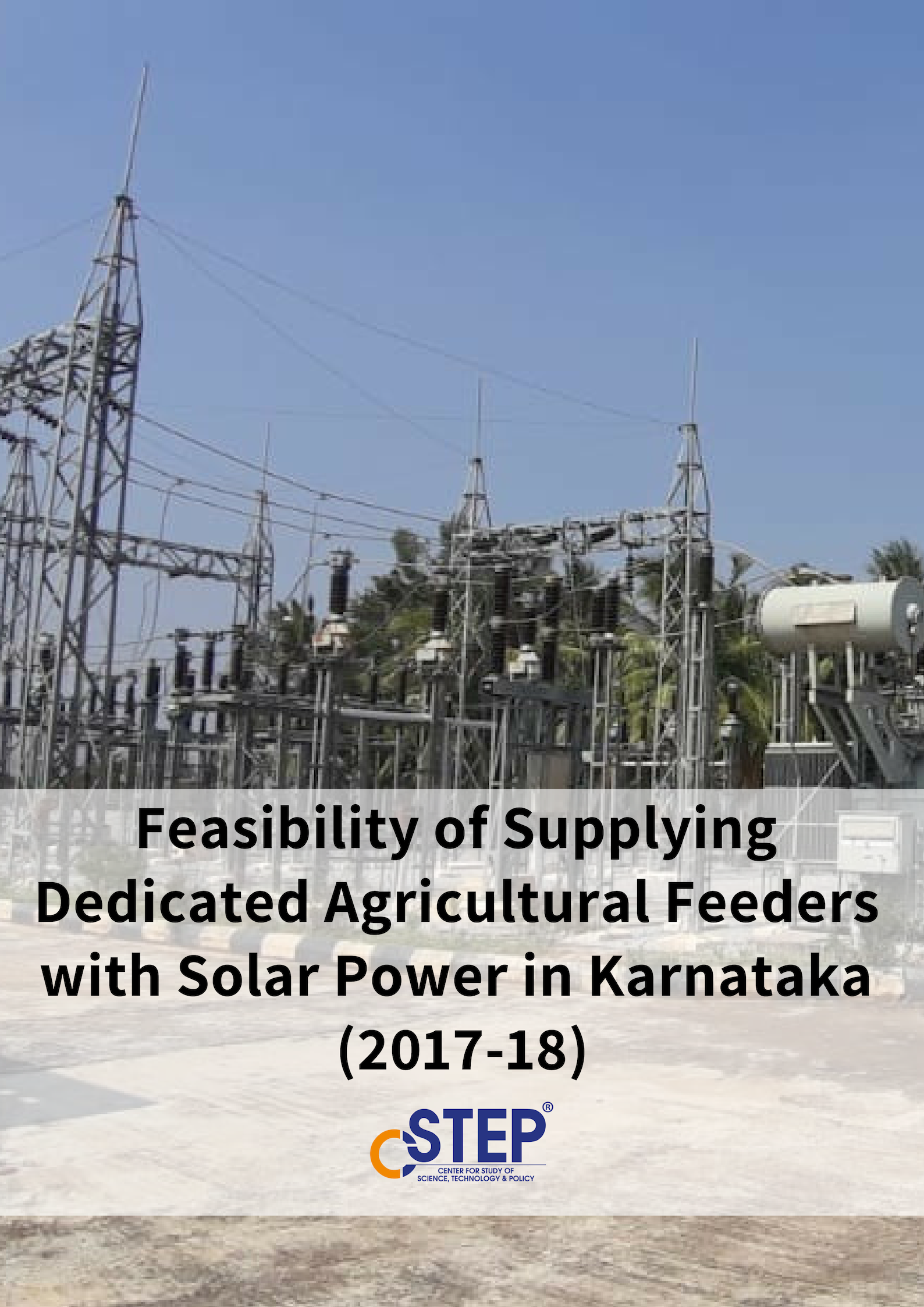
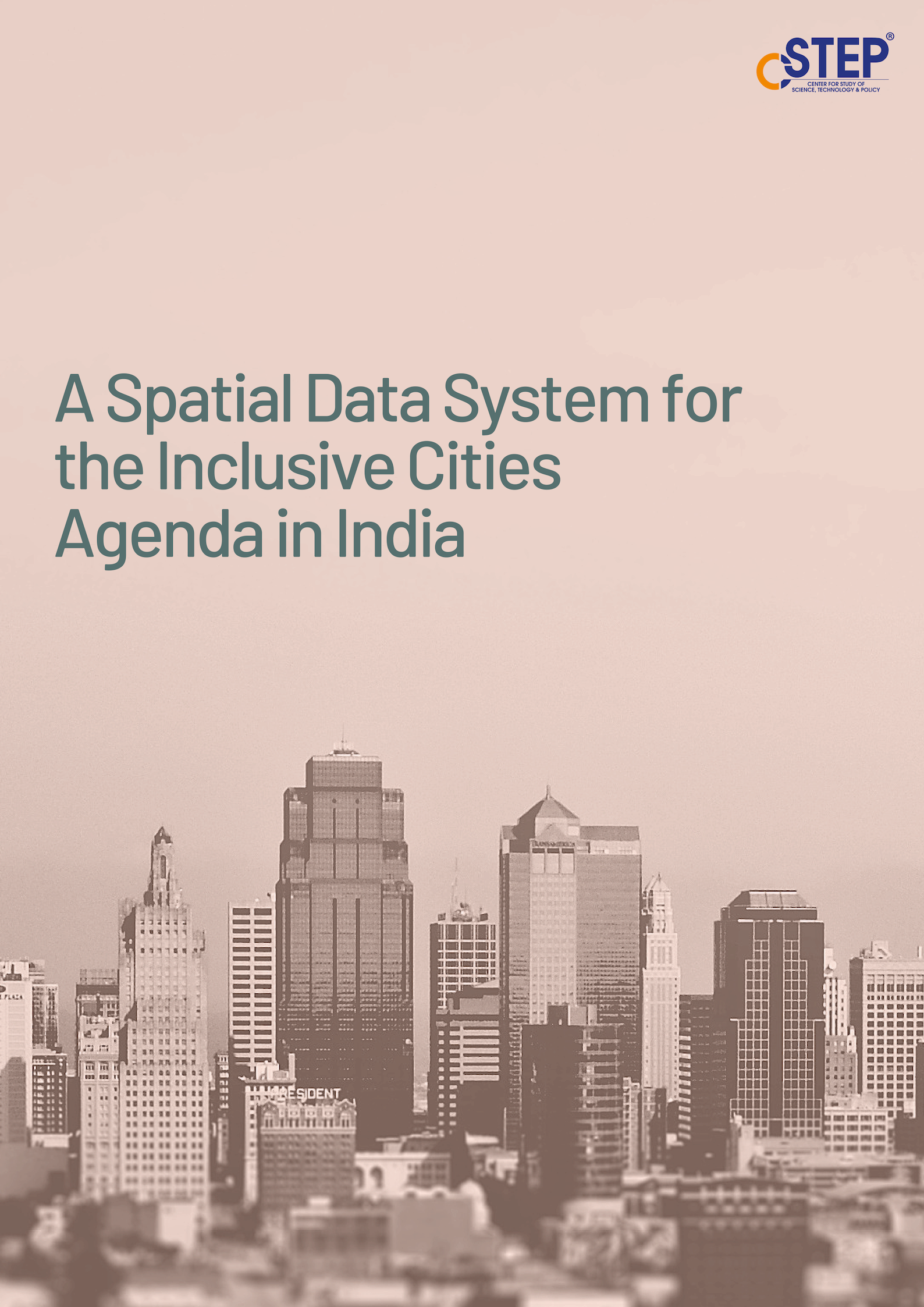
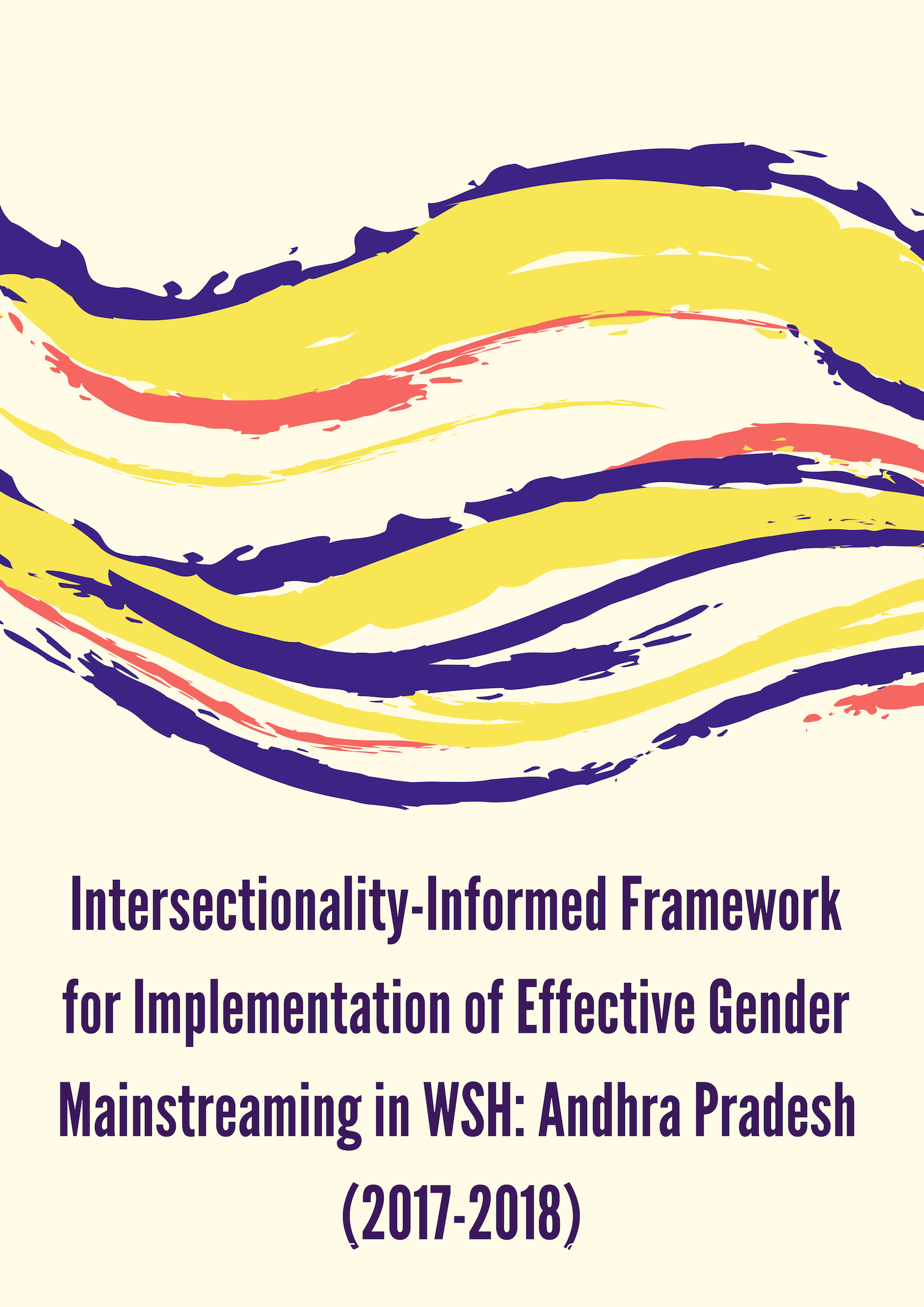
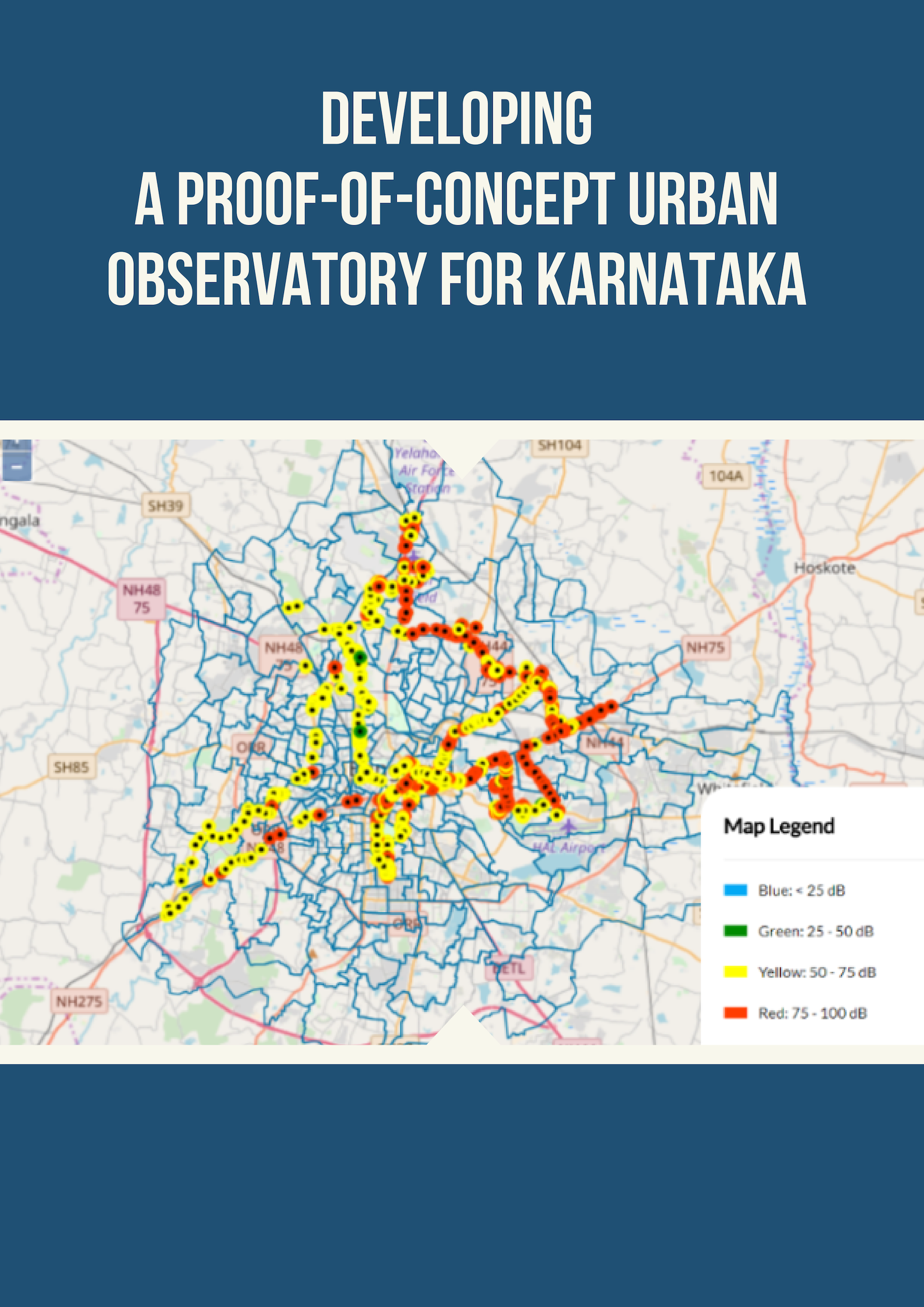
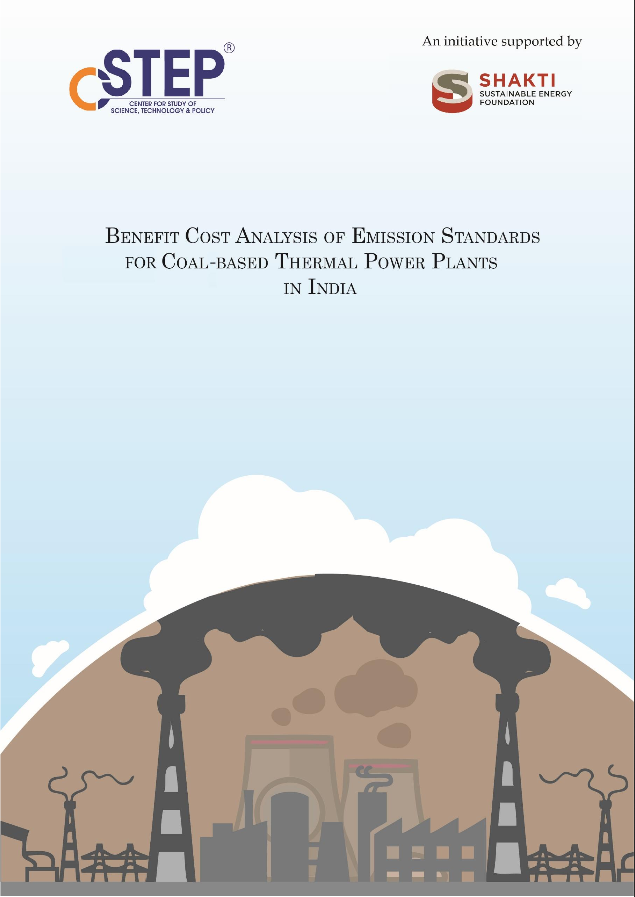
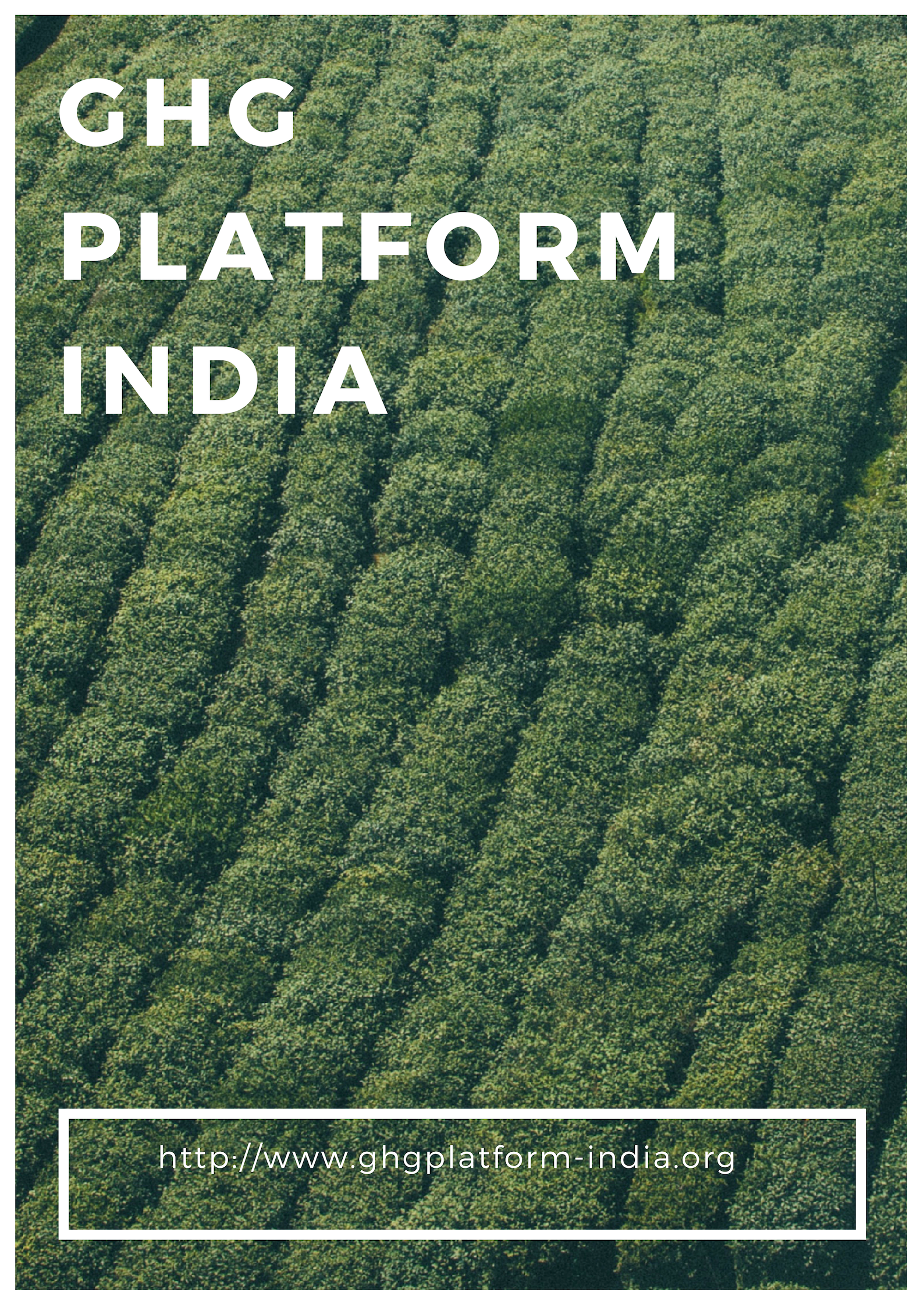






Talking Circular Economy: World Circular Economy Forum 2024 Unveiled
The first blog delved into the principles and relevance of circular economy (CE) in reducing the overconsumption of finite resources. In this concluding blog, the authors share their experiences from the World Circular Economy Forum (WCEF) 2024, held during the beginning of the financial year 2024−25 in Brussels, the capital of Belgium and a hub of policymaking in Europe.
Talking Circular Economy: Optimising Global Resource Consumption
In this two-part blog series, the authors share some of their research learning on circular economy (CE) and revisit their experiences from the recently concluded World Circular Economy Forum (WCEF) 2024.
Eco-Mandates for a Climate-Resilient Democracy
Earth, home to over 8 billion species, saw record CO2 emissions in 2023. The temperatures rose by 1.4 °C, close to the 1.5 °C cap of the Paris Agreement, making it the warmest year. Recently, as we celebrated the World Environment Day on 5th June — the biggest day on environment observed to increase awareness about and action against this aggravating climate change situation — it is timely to reinterpret our fundamental rights and duties through a climate lens.
Annual Report 2023-2024
Our Annual Report 2023–2024 highlights how CSTEP's innovative solutions are driving a change on the ground. We continue to be the catalyst for change by conducting analysis, building tools to support decision-making, and developing innovative approaches to problems.
